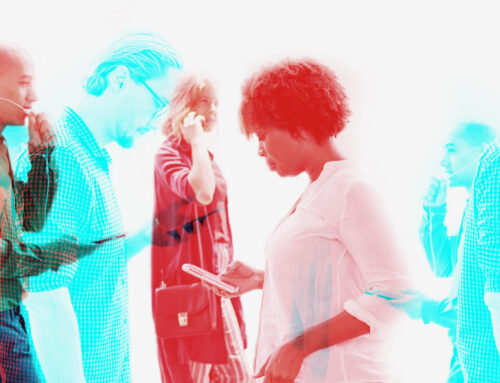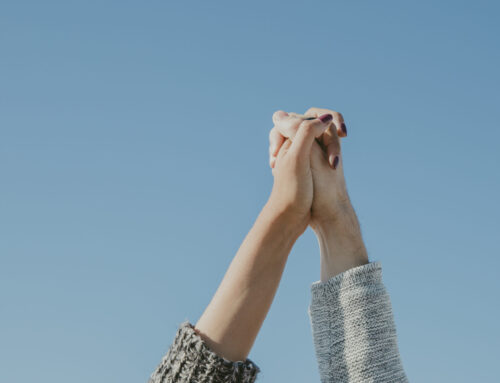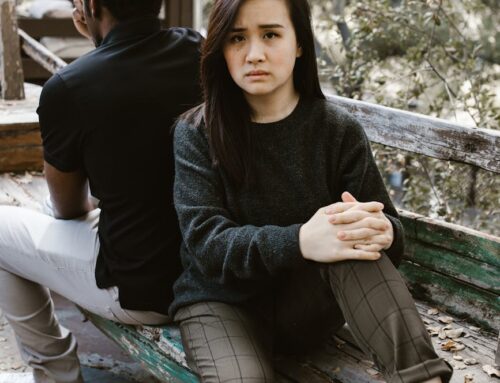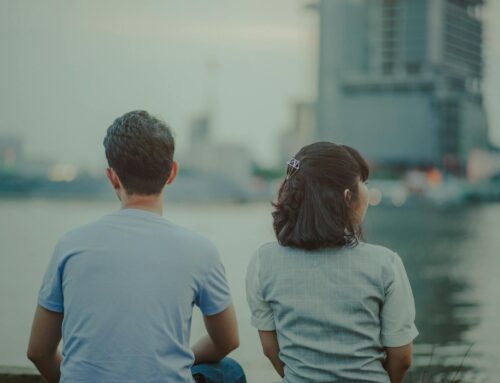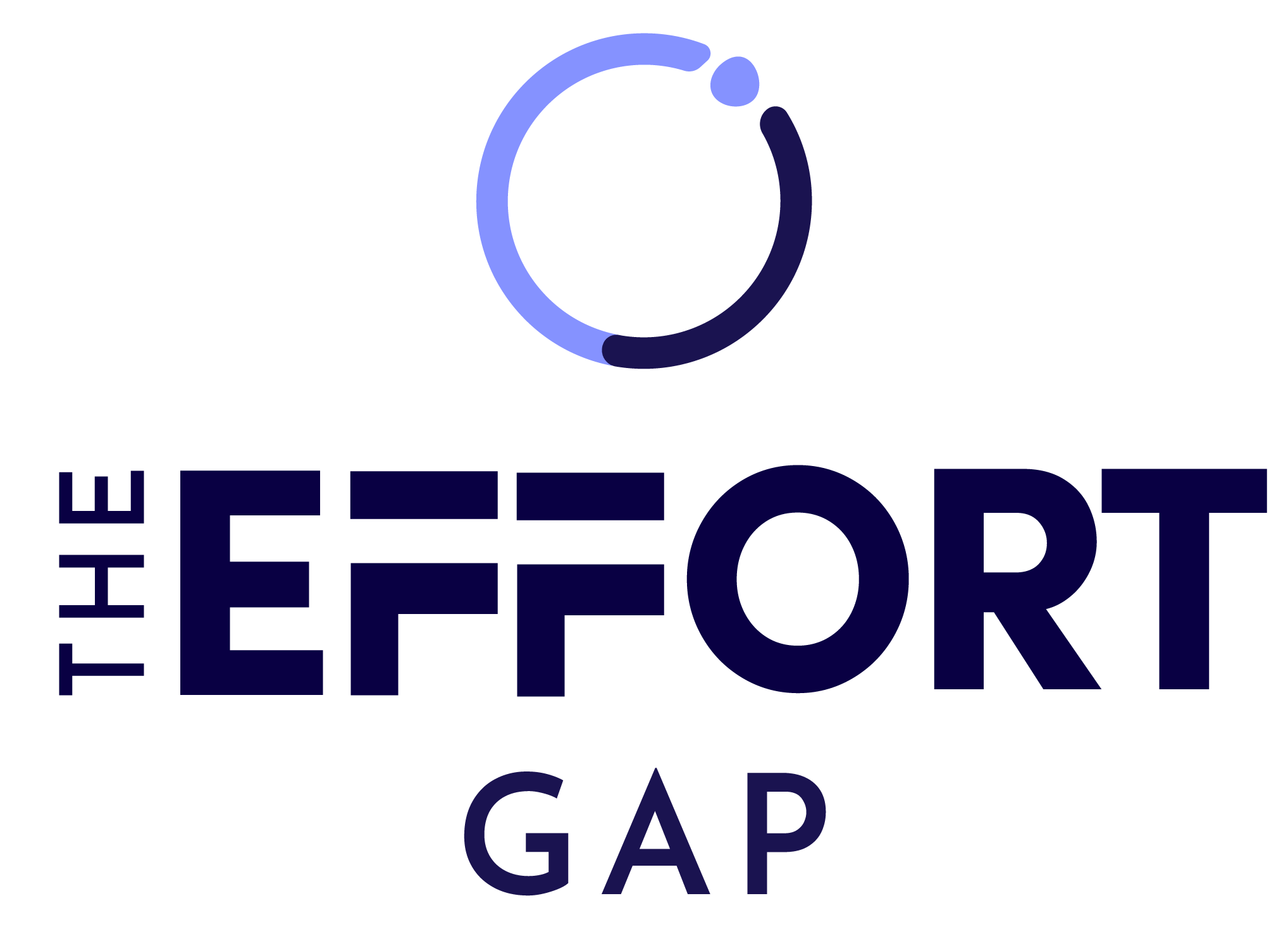If we treat each day as if it’s our last, we should also treat other people as if it’s THEIR last day. – The Effort Gap
Accepting Death as Certainty
Death is often viewed as an unpredictable tragedy. A shocking disruption we could not see coming. And yet it’s the only thing we can be sure of.
I often reflect on various traditions and our relationship with death. The way we save our kind words for memorials, speak of “heavenly birthdays,” and attach to ideas like “seeing them in the next life.” I appreciate that beliefs bring comfort, but I also see them as avoidant.
The root of the issue: We don’t confront the reality of gone. We focus on what might happen after death, rather than how we live now.
Honoring Humans Before They Die
Avery Weisman, a leading Harvard psychiatrist, taught about “middle knowledge,” a concept related to coping with death anxiety (Weisman, 1972). It’s natural to experience existential dread about our own inevitable death. What might change for us if we approach every human as if they are going to die? Perhaps as soon as the next week, day, or hour. What could it do or our compassion, presence, and decision making?
This is hardly a hypothetical scenario. The checker at the grocery store? The friend you’ve been meaning to text back? The family member you’re pissed at? None of them will dodge death. How will you wish you treated them?
You don’t have to look back with regret. Just live accordingly now.
Living Like Death is Inevitable
The biggest regret people carry isn’t about what they did—it’s what they didn’t do. The words left unsaid. The care they didn’t extend. The time they assumed they’d have more of. So don’t just live like you’re dying. Live like everyone else is dying, too.
The way we are kind to others shapes the quality of our days. Living with attentiveness takes effort. It takes getting off autopilot, avoiding distractions from what really matters, and choosing connection over comfort. This is the work of closing the effort gap—not just in personal growth, but in how we connect with the people around us while they’re still here.
Disclaimer: Everyone processes death differently based on personal, cultural, and religious beliefs. I recognize there is no “right” way to approach grief. This perspective isn’t about dismissing traditions of mourning, remembrance, or faith. It’s about assessing how we live now.

